Eugenics is a set of beliefs and practices that aims at ‘improving’ the genetic quality of a human population by applying to human beings the principles of selective breeding that are commonly used on animals. This usually involves either sterilising or even ‘culling’ those echelons of society which are deemed somehow unfit, e.g. the poor, the physically disabled, the intellectually disabled, minority racial groups etc.1
Measures proposed by eugenicists have ranged from the forced sterilisation of poor people to the mass murder perpetrated during the Holocaust. It is often forgotten that Hitler also murdered many handicapped people as part of his sick and twisted project of ‘improving’ racial hygiene. It was because of the Holocaust that eugenics became unfashionable among Western elites. Pictures of the atrocities committed in concentration camps across Europe left a permanent stain on the reputation of eugenics.2
Rightly so, because the arbitrary massacre of racial groups against whom a society harbours prejudice is the logical consequence of the eugenics movement. If you accept the proposition that certain people are less valuable than others and that society would be ‘healthier’ if they did not exist, then why not just kill them straight up? This is obvious in hindsight, but it is easy to forget that belief in eugenics was popular among the educated and influential in Europe and America from the late 19th Century all the way up to World War II.3
As a matter of fact, they even had international conferences to discuss it; London hosted the world’s first International Eugenics Congress in 1912.4 Presiding over this was Major Leonard Darwin. This was quite fitting since it was his father Charles Darwin who had indirectly instigated the eugenics movement in the first place. His theory of evolution by natural selection stated that weakness (relative to a particular environment) was weeded out through competition in the struggle for life. Weak creatures died; fit creatures survived.
But there was one problem: the theory also made it clear that human beings are also animals and thus no more or less valuable than, say, chimpanzees. Humans also evolved from relatively less sophisticated lifeforms and crucially, without any divine hand guiding the process. Thus, there is nothing special about human beings. According to Darwin, we do not have souls or any concomitant divine purpose or destiny. People often do not realise the implications of this. It means that human beings have no value in and of themselves. They are not an end in themselves and it doesn’t really matter if they are then used as a means to an end because the individual has no inherent worth in this worldview.
Thus, if humans can domesticate animals to make them more useful for human needs, then why can’t humans domesticate themselves so that only ‘useful’ humans exist? Many will argue that this is Social Darwinism and should not be conflated with Darwin’s real views. They fail to realise that Darwin himself was a eugenicist who realised the social implications of his theory and greatly admired his cousin Francis Galton, who is widely known as the father of eugenics.
In his book From Darwin to Hitler, Richard Weikart states that, while many different factors contributed to Hitler’s worldview, Darwin’s theory was a main contributor. He is very careful to say that, although Darwinism was not sufficient, it was a necessary condition for Hitler’s ideology. In other words, Darwin alone cannot lead to Hitler, but he is a necessary prerequisite.
The reason for this is simple; Darwin’s worldview had no place for the sanctity of human life. In fact, Darwin himself openly supported eugenics and believed in the inherent inferiority of some individuals to others.5
Hence, it is quite likely that, without Darwinism, millions of innocent lives might not have been lost because respect for the sanctity of human life would have remained intact. Many educated and powerful people would have continued to see the poor and handicapped as victims in need of help rather than nuisances to be eliminated. The world would have been a much kinder place.
References
- https://www.britannica.com/science/eugenics-genetics
- ‘From Darwin to Hitler: evolutionary ethics, eugenics and racism in Germany’ by Richard Weikart,
2004 - https://www.ncbi.nlm.nih.gov/pmc/articles/PMC2757926/
- http://eugenicsarchive.ca/discover/tree/51722216eed5c6000000000b
- Charles Darwin, The Descent of Man and Selection in Relation to Sex. 2nd Ed. (London: John Murray,
1882), Chapter V, p. 138
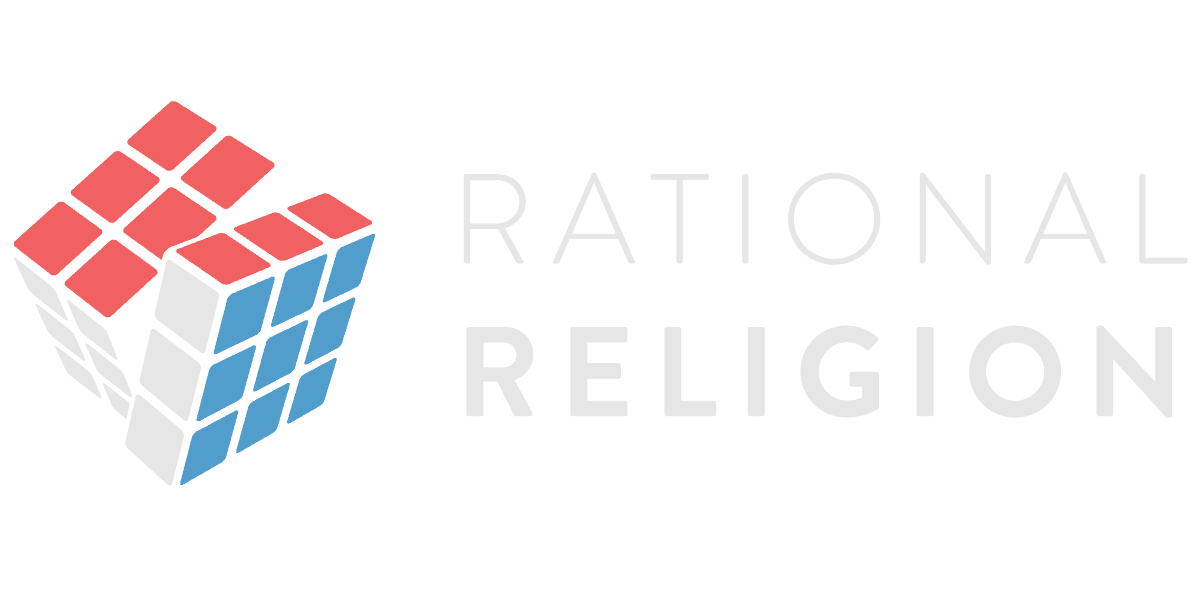
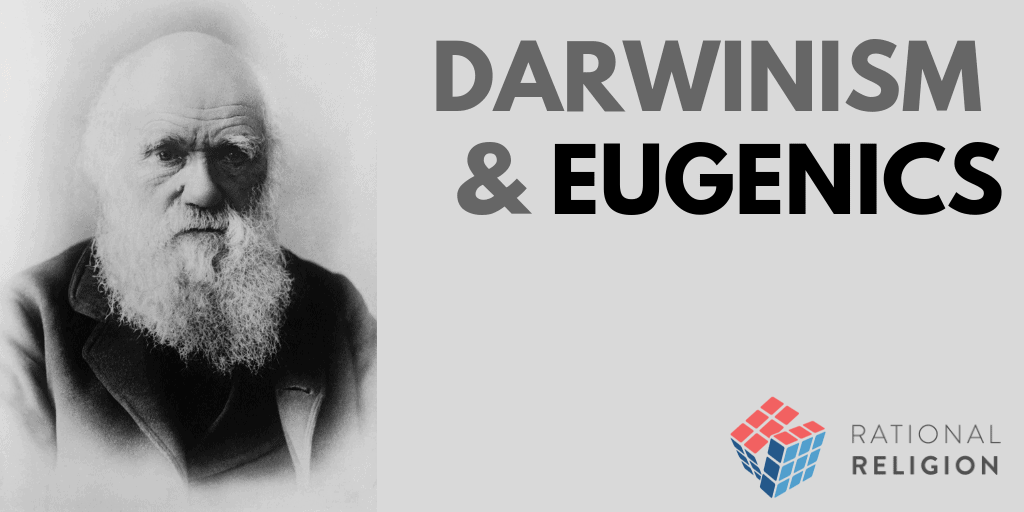
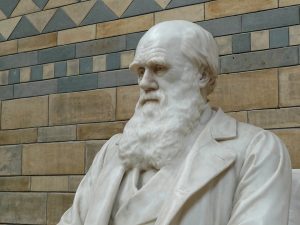

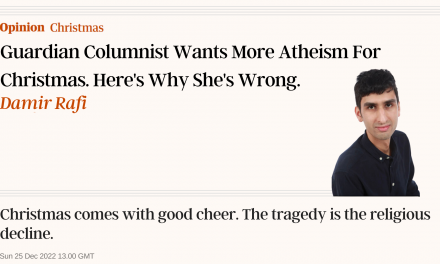

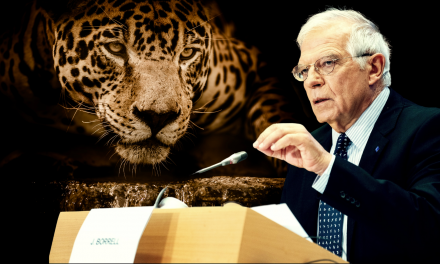
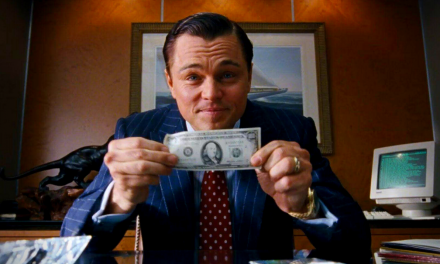
Assalamu alaikum!
I love reading your various pieces and this one makes me think that if ONLY perfect people were allowed to live, a time would come when humanity would cease to progress.
One would think that it’s only due to our imperfections that we improve as we try to solve those imperfections and so on, ad infinitum.
So, the people like Darwin and Hitler, etc., out there, would soon become extinct ‘perfections’, since there would be nothing there for them to improve on….?!
It would also depend on who’s definition of “perfect” we are using. What is the threshold for what makes a human life valuable and who sets it?
True, that too.